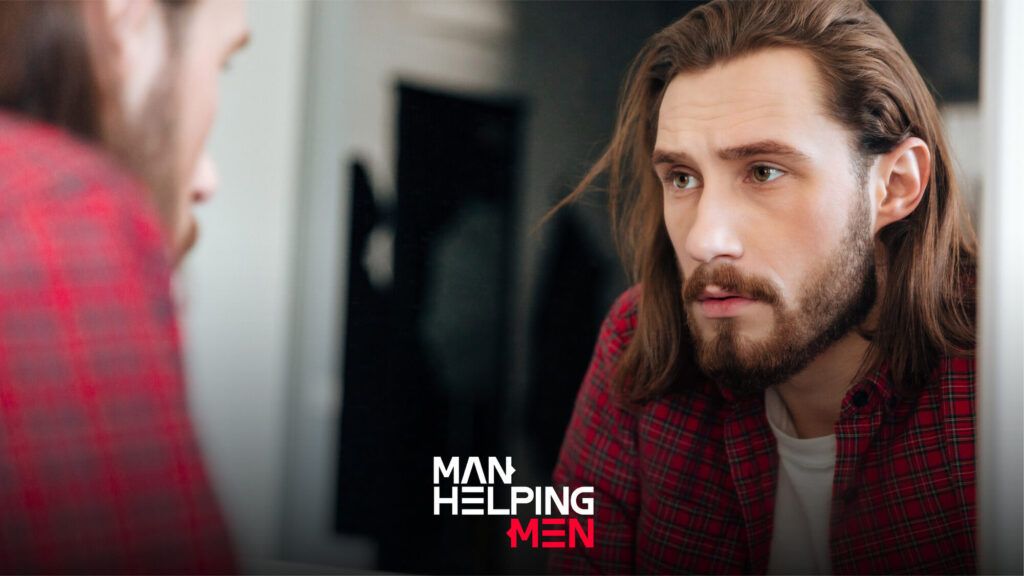“I’ve had many clients up and tell me that their friends, their family members, even their partners criticized them or mocked them for recognizing out loud that they were struggling. Of course we’re gonna be scared of being judged or seen as weak if we admit they’re struggling emotionally or mentally, if we know that’s happened before to others or even to us.”



There’s a degree to which deconstruction of these sorts of topics automatically does work to dismantle them. For those with an egalitarian inclination, it is usually enough to point out unfair actions they have taken in the past to prevent them in the future. Obviously, there’s a lot more external pressure here (one of the main focuses of the article) but I would argue this is even more relevant in that case.
If we were to try to teach a fish how to clean the water they live in, we must first start with what water is.
That’s fair. At points in the article, I was thinking “duh” but that may not be true for everyone. Perhaps I’m just not the audience.
What do you think an alternative to traditional masculinity might look like?
I actually think that we’re all better off without normative gender roles. To that end, I think that any attempt to define an alternative masculinity leaves you with something that is just as restrictive.
What is gender if we don’t have a societal idea of gender? Is it nothing? The existence of trans people suggests that many, probably most of us, have an innate yearning for at least a loose idea of gender identity.
So I’m not necessarily advocating for a world without individual gender expression. The key difference here is external vs internal pressures.